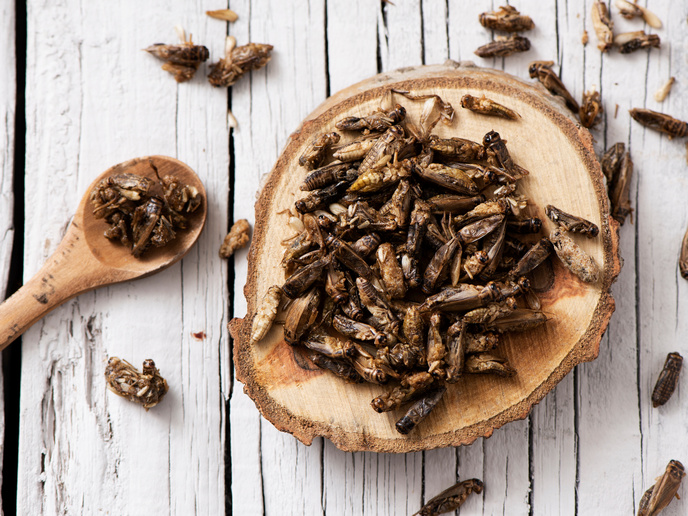Plant-based pesticides
The EC-funded FATEALLCHEM was designed to carry out a detailed risk assessment relating to the use of natural plant toxins as pesticides, a process known as allelopathy. The potential risks to humans and the environment that could be associated with allelopathy have in fact never before been extensively studied. Project partners focused on the allelopathic properties of wheat and their exploitation in order to protect yields. It has been suggested that wheat-based pesticides could exhibit an environmentally friendly profile and pose lower risk to human health. The Danish Institute of Agricultural Sciences tested a number of wheat varieties in order to evaluate their effect on the reproductive cycle of the cereal aphids, a common pest. Wheat metabolites MBOA and BOA were found to reduce growth and increase rates by as much as 50 % on certain occasions. Researchers are seeking further support in order to fully examine the allelopathic properties of wheat plants and assess their applicability as insecticides and pesticides on a large scale.







